Note: Don’t like reading? Allow me to read it to you! The Podcast audio is at the end of the story.🫡
Like knotted branches of a tree, gnarled and woody with darkened splotches and leathery skin. Fingers and knuckles, bony and buckled, expressing decades of experience in cooking and maintaining and keeping the wheels turning. Of all lives, all around. Working a trowel, spraying a hose, squashing at bugs hiding in the leaves of geraniums at the fence.
I see her. I see those hands.
Grandma’s hands.
I see them holding smaller hands for a garden tour, wrapping presents on a kitchen table, and unfurling a sheet to get a spare room ready for visitors. Cryptic crosswords and slip stitches and writing out lists to take to town.
Waving from the driveway in her cardigan as I honked the horn goodbye.
Since 1924 those hands worked at the world. I see those hands in my mind. Once pliant and forgiving, the skin folds and slides and stretches in places, thinning as if to show the translucence of life. The impermanence. The gone tomorrow of it all.
Gosh.
Grandma’s hands carding the fleece, the sound of the two brushes working at each other to tease the fiber. Later, she feeds the result to the hungry spinning wheel before her. I hear the gentle clack as her foot pumps at the treadle, watching in fascination as the wool winds and twists onto the spindle. Me, a little girl—the first granddaughter—lying on my belly on the floor, my own small fingers riffling through a conch shell bowl filled with shiny rocks. Counting them. Arranging them on the floor in rows. Smooth stones clinking in the shell.
Clack, clack, clack.
A foot in motion. Grandma’s hands, spinning on.
I see it so clearly. This giant wheel—to me—with this woman driving it, spinning wool from her own multi-colored sheep, shorn in her own yard by her son. My dad. The feel of lanolin. Her little smile as she looked down at me, a member of her little human flock.
The fiber of life, pulling through.
Gosh.
Grandma’s hands.
Was the organ new when she got it? A Hammond. Stand up. Colored buttons and creamy keys. She worked it just like she worked that spinning wheel, feet touching softly at the numerous pedals at its base, hands deftly maneuvering over the keyboard.
Flip a switch and the sound of church enters the living room.
“Come on, Janeen. Sing!”
I would stand beside her, watching. Sometimes she’d make room on the bench for my little behind and I’d scooch up and tuck my little body beside her. I liked the different sounds. The buttons you could flip. The way her hands would move in a magical way, all different places at once, playing keys and making melodies. Her funny little hum as she read the notes, looking down her nose at the sheet music as her eyesight challenged her, even then. A smile on her face.
Bringing in the Sheaves.
“This one’s easy!”
Always with body still, letting her limbs do all the talking. Grandma’s hands, expressing.
Pedal sustain.
The sound fades in the room and she flips the page to find another song.
Gosh.
She could crochet by feel—which became necessary as her eyesight betrayed her. Macular degeneration. Injections on the regular, right in the eyeball.
She estimated once that she had made over 100 rugs for people.
“Do you want me to make you another one?”
As a child, I’d had a dominantly green one that she’d made, and my brother a tan one—both of which I think are at my brother’s house or floating around in a cupboard somewhere. I mention it—my childhood rug—to her on a visit in 2018.
“Do you want me to make you another one?”
I did.
She did.
It’s keeping my knees warm as I write this, in Santa Cruz, California.
On the day she presented it to me, in early 2020, she spread it out on a small table to show me the work.
“My eyes,” she says, hunching over her work and leaning in. “There are a few mistakes in this one.”
I couldn’t see any. She runs her hand over the surface.
“See,” she says, showing me a knotted thread on a corner she’s worked back into it. Something I never would’ve noticed. “I think I fixed that one.”
“I don’t care, Grandma. I love it.”
“Do you want it bigger? I can do more squares. I know you said you just wanted a lap rug, but…”
“No grandma. It’s perfect.”
I fold the blanket and she finds a sliver of pink ribbon to tie it up for its journey to America. It’s baby blue and soft. From time to time, I find one of those mistakes she was talking about as I run my hand over the thing made by her gentle, know-by-feel hands.
I see her hands on the blanket.
Gosh.
There’s a metal tub in the garden at my grandma’s house, a house where she lived longer than I’ve been alive. She takes my arm and we walk around the edge of the concrete to inspect the garden.
“See that thing,” she says, pointing at the tub. “I used to bathe the boys in that.”
I see what it is now. A metal baby bath that once featured a ceramic coating. It is very old, and now makes for a sort of impromptu garden feature. Grandma raised six boys. Dad is the eldest. I think for a moment about Grandma’s hands, pouring warm water from a jug over her baby boys in that tub.
Soap. Water. Hands.
Over sixty years in that house. Raising sons and spoiling grandkids. She takes hold of my arm again—she refuses to use the walking stick—and we move back to her plastic chair in the shade. I sit beside her, stamping at the tiny ants that insist on scaling my bare feet on the broken concrete, and look up at the yard. The Hills Hoist is bent and abused, and not from the years of laundry she has hung upon it. How many grandkids have swung on that? How many times did Grandma clap her hands together from the back door, yelling “Get off there!” to a rowdy mob?
When I was primary school age, both my brother and I would go stay for a week or two at Grandma’s for school holidays. The memories I have of these times are spotty, with occasional moments of clarity. The shape of Grandma in the kitchen at the stove. Her driving us up the road to go play with the Tickner kids. Michael and me, playing on the banks and river rocks of the McDonald River, throwing sticks to Lassie who was a yellow lab and not a lassie dog, and Judy who was. Or was her name Jill? No, I think it was Judy. A name, hiding in the fog.
I don’t remember the day-by-day. I don’t remember what we did. I don’t remember her ever yelling at me (though I’m sure she did because I could be a right little shit.) But I do remember this.
Her breath on my face and the warmth of her skin as she would tuck me in at night. The ritual of it. I would get under the covers, rod straight, arms at my sides, and she would tuck the blankets in so tightly over my body that I could not move. On purpose. She’d make a show of tucking the bedclothes neatly under my chin so that only my little giggly face was visible, then blow raspberries all over the face and neck of her imprisoned granddaughter.
“Now go to sleep.”
This was before the town bypass came. All through the night, you’d see the wash of headlights from semi-trailers move across the wall in eerie patterns as they passed by the house.
Have a nice dream.
The adventure of staying at grandma’s house. Grandma’s hand, flicking off the light.
Gosh.
The last time I saw her and hugged her tiny body to me, back in February, I sat with her and casually mentioned how she used to serve us blackberry jam on toast with cream for breakfast when we were kids.
“Did I?”
She said she didn’t remember that. The jam and cream for breakfast.
A pause…
“Did you like it?”
My face flushed with the joy of the memory. A scandalous and decadent treat.
“I loved it!” I yell. She was incredibly deaf by then, and the batteries on her hearing aids were often flat. Yelling was essential.
She smiled her cheeky little smile, relaxing back in her chair.
“Well,” she said. “That’s all that matters.”
Jam on hot toast. Cold cream dribbling onto the plate. She’d cut it into triangles.
Nothing else matters.
Gosh.
Those hands worked and worked and worked, doing their duty, fulfilling their role. The change in them was another sort of betrayal, just like the eyes and the ears. The arthritic protrusions appeared at the joints, starting a slow gnarl that seemed determined to turn her hands into some kind of twisted work of art.
“Look at my hands,” she says one day on Facetime, holding them up to the iPad screen. “They’re so ugly.”
I look at her face as she shows them to me, screwing up her nose and looking genuinely distressed by their appearance. The lumps and knots are factual in their presence. Like rings indicating the age of a tree, they are simply stating the obvious.
Ugly, she’d said. I grin at the perfect pink nail polish. Grandma, making the best of an ugly situation.
The situation of her hands.
“I almost died the day you were born.”
She would tell me this from time to time, usually around my birthday. She was in hospital on the day I came into the world kicking and screaming and looking for hands to hold.
It was some kind of blood thing.
I think about this. About the almost dying.
If she had died on the day I was born, I would have no memory of her hands. Of what they did. Of her. Margaret McCrae. My father’s mother.
She was as deaf as.
Could barely see.
When you’d tell her how old she was, she’d look at you, startled.
“How old?”
“Ninety-nine, almost 100!”
“Oh,” she’d say, sitting back and thinking.
“I think I’ll make it.”
Almost Grandma. You almost did.
She was the oldest living resident of Bendemeer, New South Wales, Australia population 492.
She was born in 1924.
She died in Australia on October 1, 2023.
Her first bicycle was red. She told me. Her sister’s was yellow.
“A Malvern Starr,” she said, smiling at the memory.
Gosh.
Vale1, Grandma.
Yours in tiny thought,
Janeen
To get the backstory of this post, watch this👇
Behind the Streams, Ep 28: "Grandma's Hands"
Watch now (8 mins) | Some additional thoughts on a sweet lady, my Grandma.
This week’s amends…
"Listen carefully to first criticisms made of your work. Note just what it is about your work that critics don't like...then cultivate it. That's the only part of your work that's individual and worth keeping. What the public criticizes in you, cultivate. It is you."- Jean Cocteau, poet
Via Pome
On Rotation: “Grandma’s Hands” by Bill Withers
A story about the Hotel Pennsylvania in NYC—I love seeing old stuff like this, but it also makes me sad. I suppose 10 of the stories still standing is something? Don’t even look up anything about the original Penn Station, which this story just reminded me of.
Via NYT
“Rebellious birds make nests out of anti-bird pins” Take that, hostile architecture!
Via Kottke
Shameless Podcast Plug
Listen to audio versions of early issues of The Stream on my podcast, Field of Streams, available on 👉 all major podcasting platforms 👈
Here’s Apple
I learned yesterday that Australians are perhaps the only folks to say vale (pronounced vah-lay) when a high-profile person dies. So this is me explaining it’s another way to say RIP. It just means goodbye in Latin.







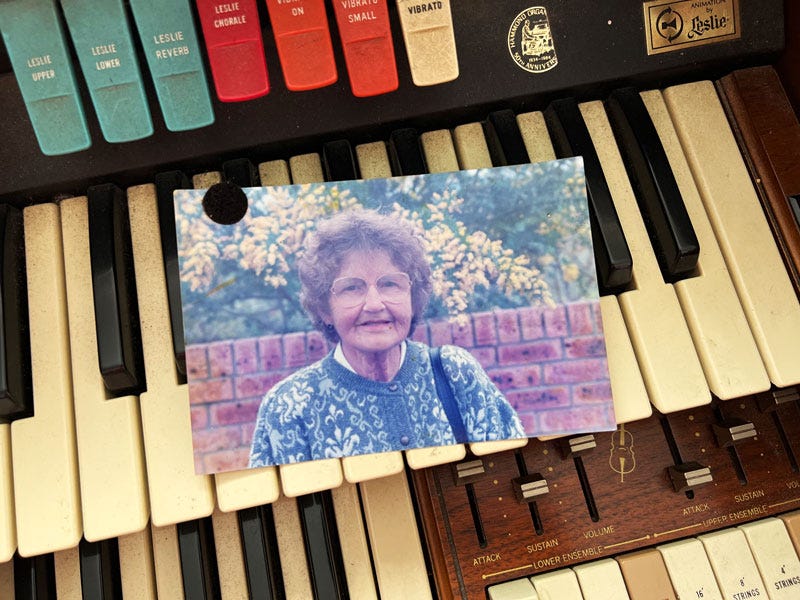
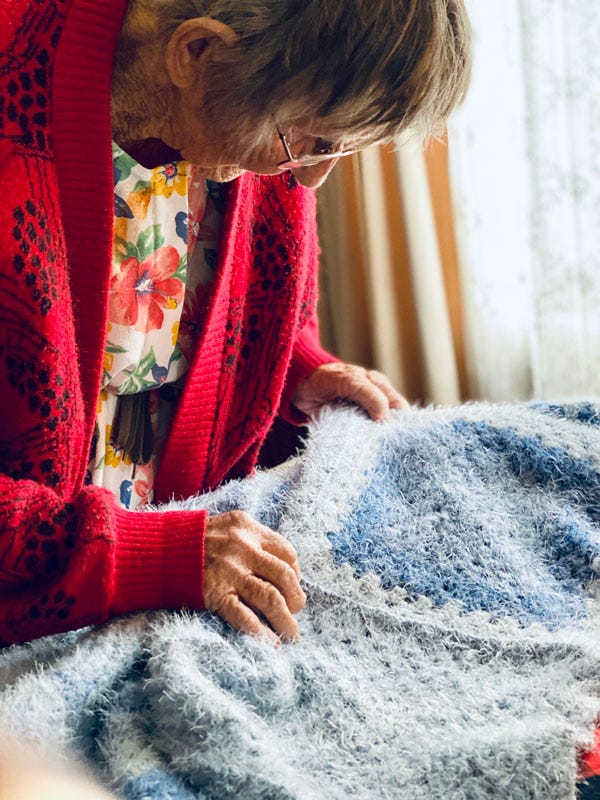
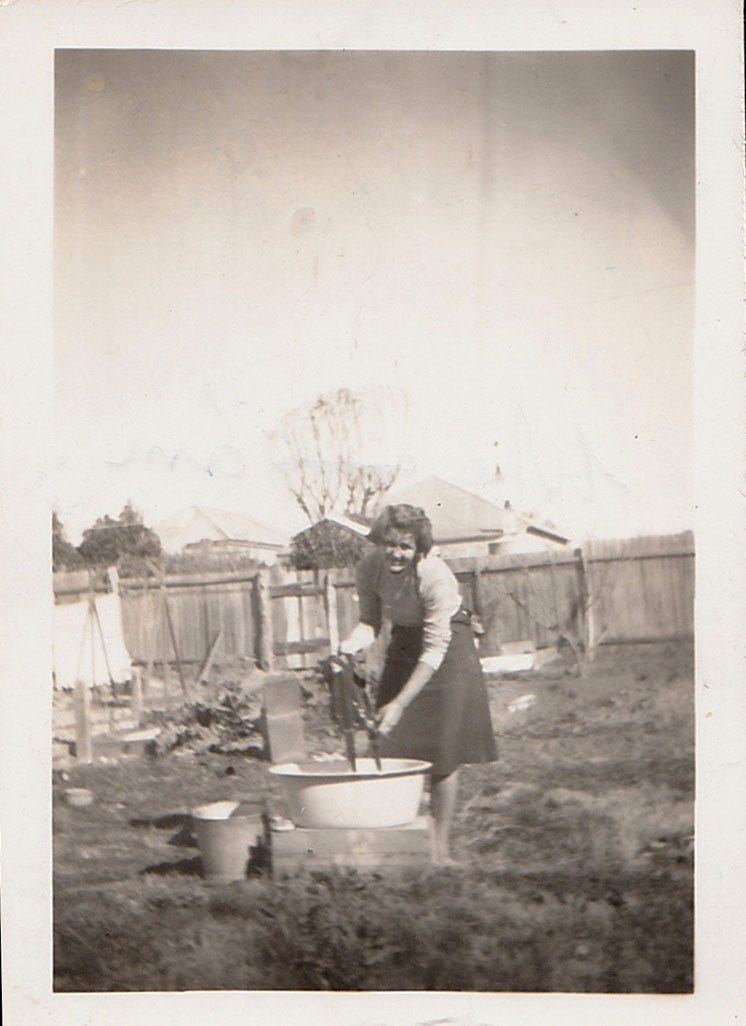

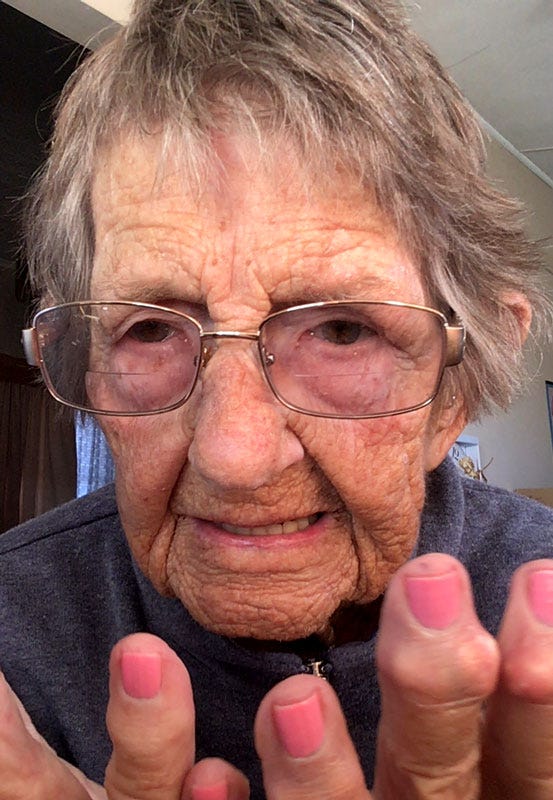
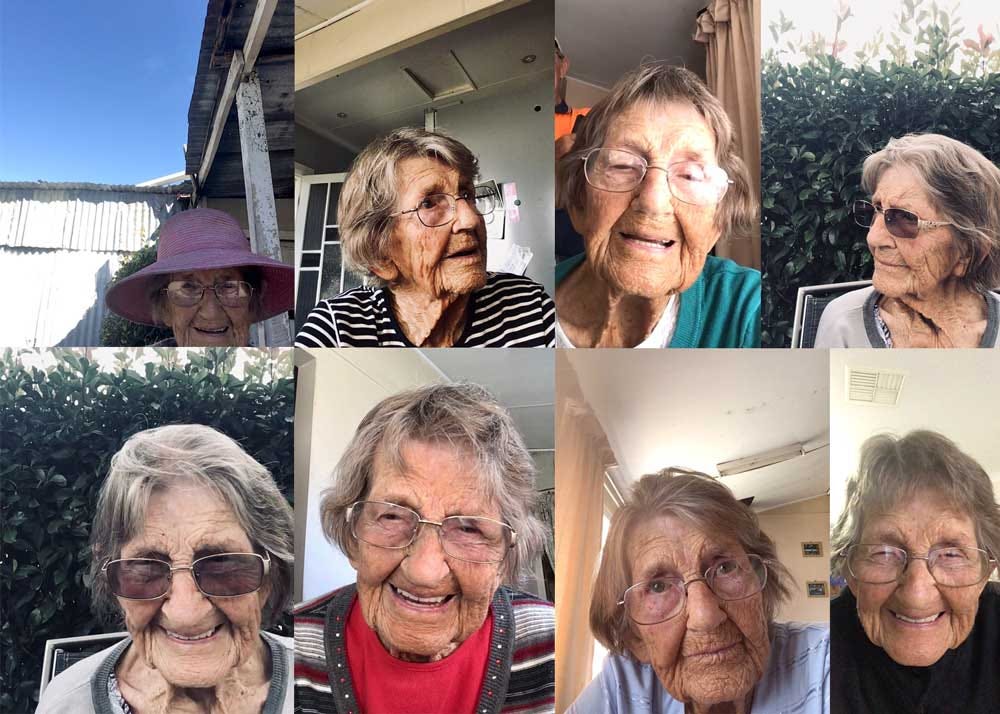

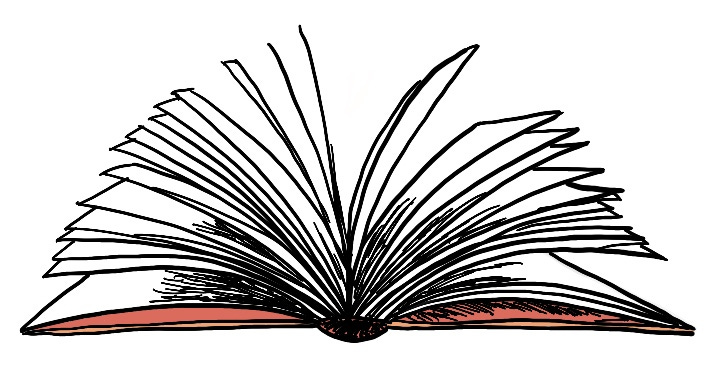
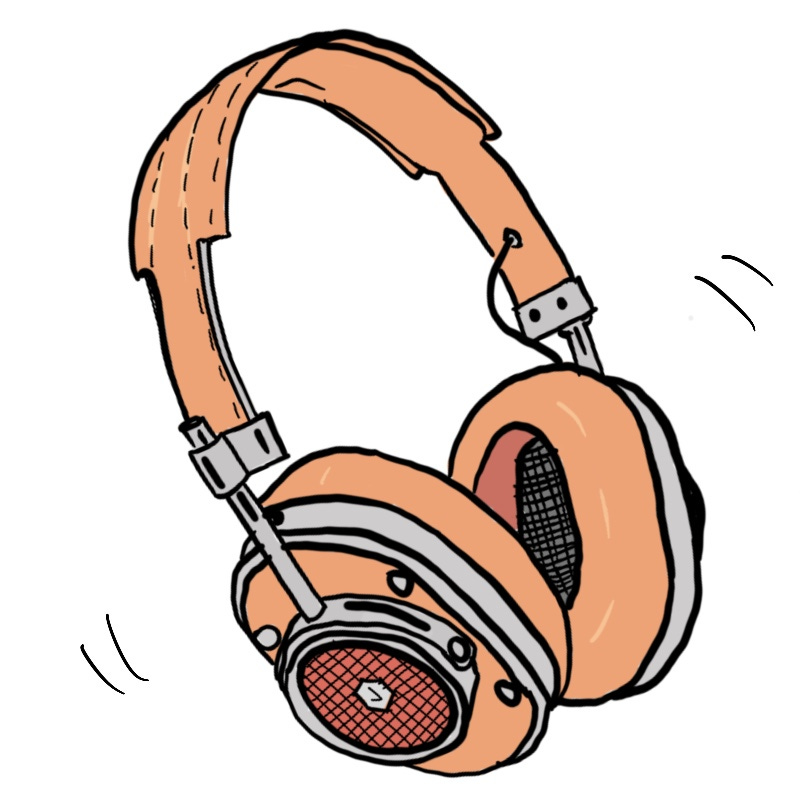

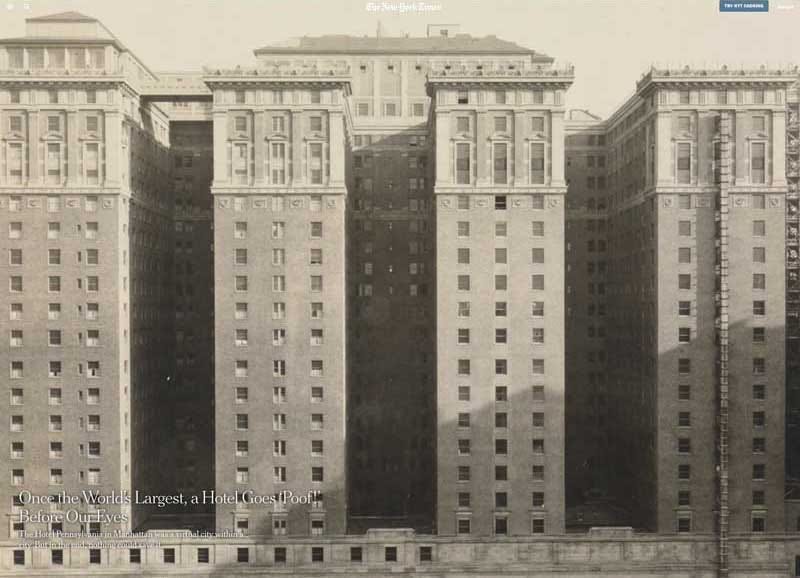
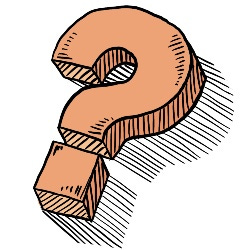
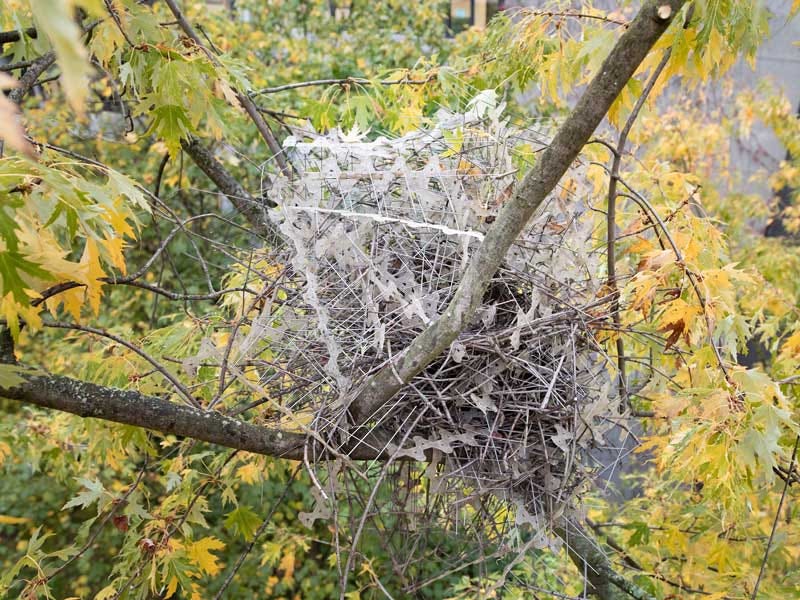
Such wonderful memories! Thank you for sharing them with us, may her memory be a blessing. ❤️
A beautiful, moving tribute to your grandma. She will live forever in your memories. So sorry for your loss.